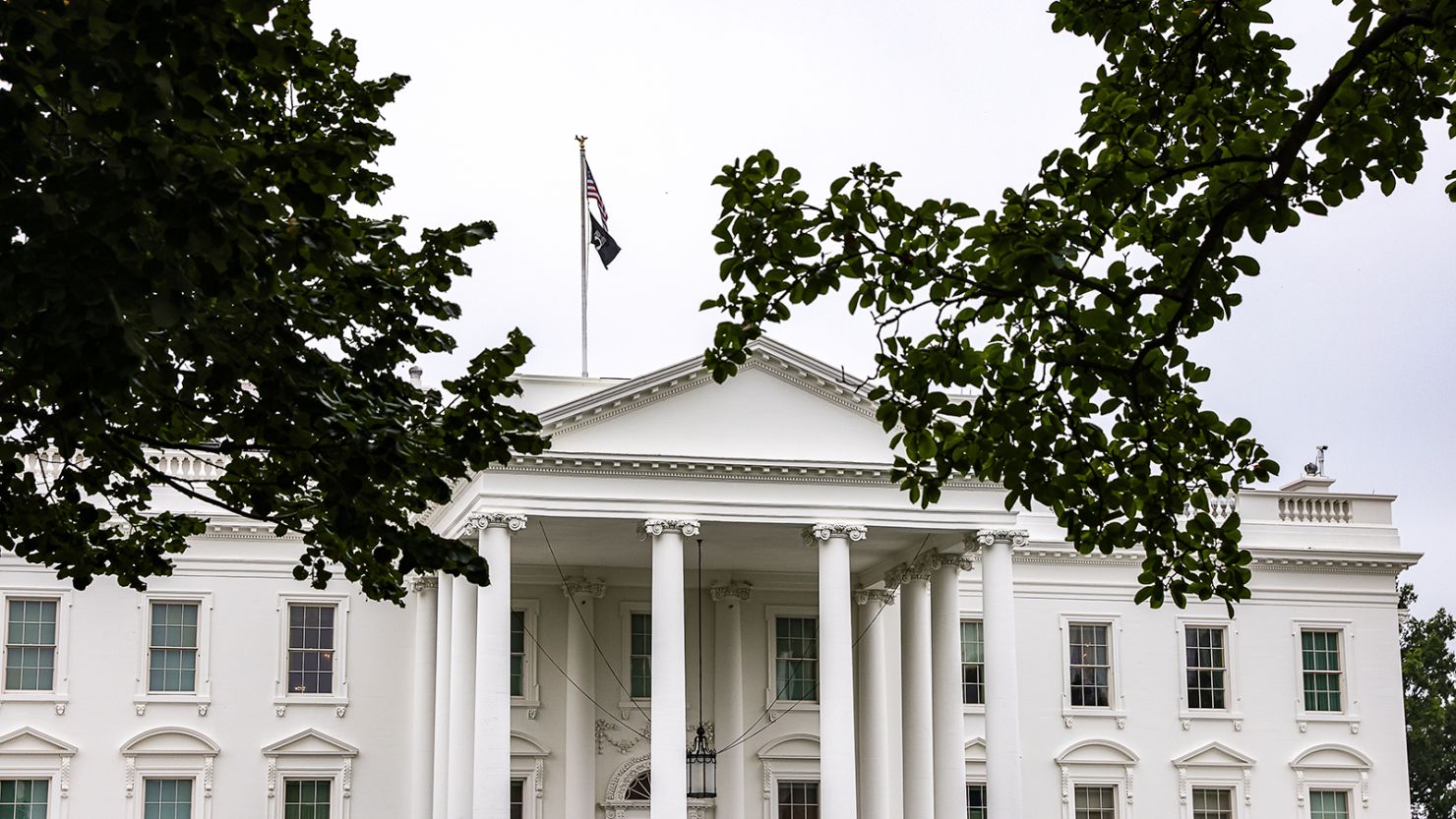Background: On October 7, a series of coordinated attacks resulted in significant casualties and widespread damage. These events have drawn global condemnation and have had a profound impact on international relations.
US Response:
- Presidential Stance: President Joe Biden has been vocal in reaffirming the United States’ steadfast support for Israel. In his addresses, he emphasized the importance of solidarity with allies during crises and pledged comprehensive aid and support to Israel.
- Military and Diplomatic Measures: The US has bolstered its military presence in the region to deter further aggression and ensure the safety of its allies. Concurrently, diplomatic efforts are being intensified to de-escalate tensions and foster peace.
- Political Reactions: The attacks have elicited a range of responses from US politicians. There is a strong bipartisan consensus on supporting Israel, though debates continue on the most effective strategies for ensuring long-term regional stability.
Impact on Domestic Politics:
- Public Sentiment: The attacks have significantly influenced public opinion, with many Americans expressing solidarity with Israel. This has also sparked discussions about national security and the prioritization of foreign policy.
- Election Campaigns: As the US gears up for its election season, candidates from both major parties are addressing the attacks in their campaigns. They are highlighting their foreign policy credentials and outlining their plans for handling international crises.
The October 7 attacks have not only reshaped the US’s foreign policy landscape but have also become a pivotal issue in domestic politics. As the situation continues to evolve, the responses from political leaders and the public will play a crucial role in shaping the future direction of US policy.

